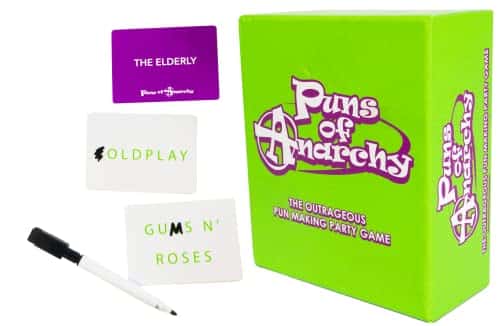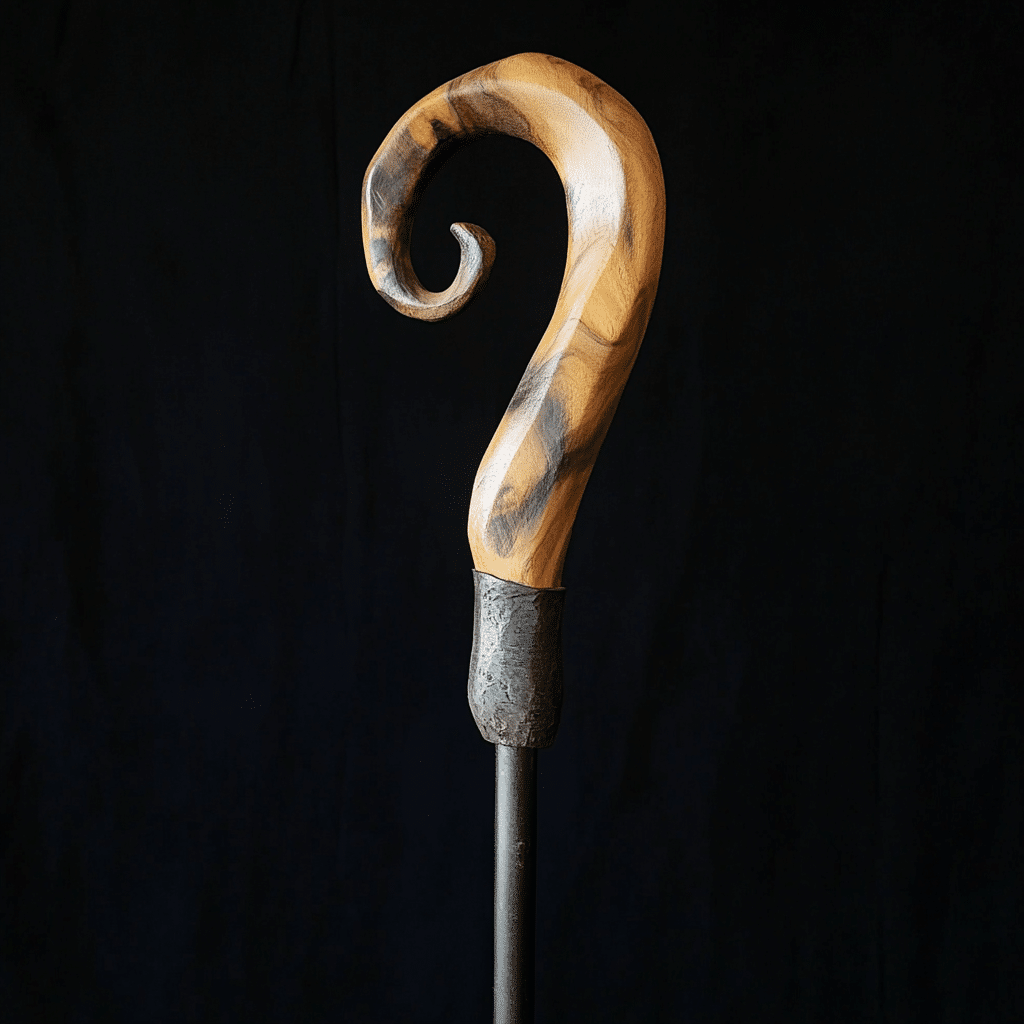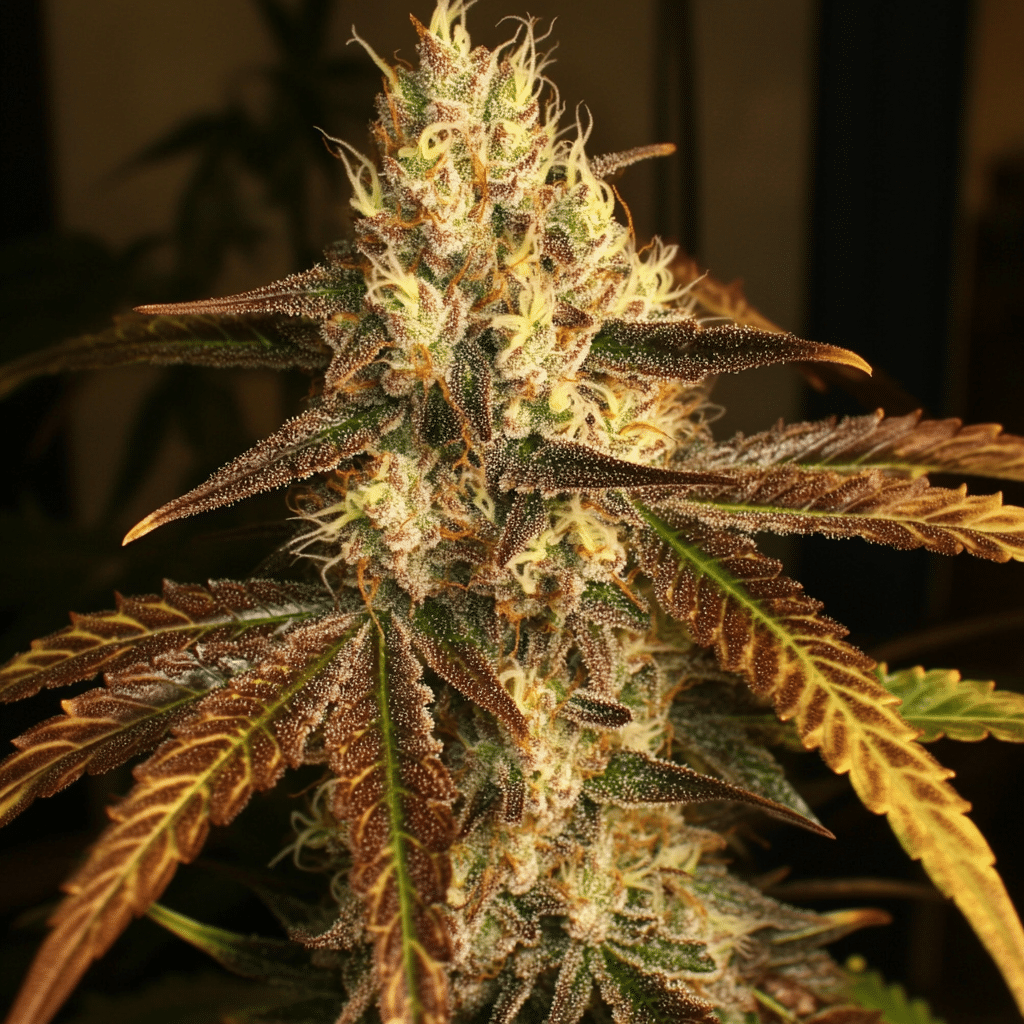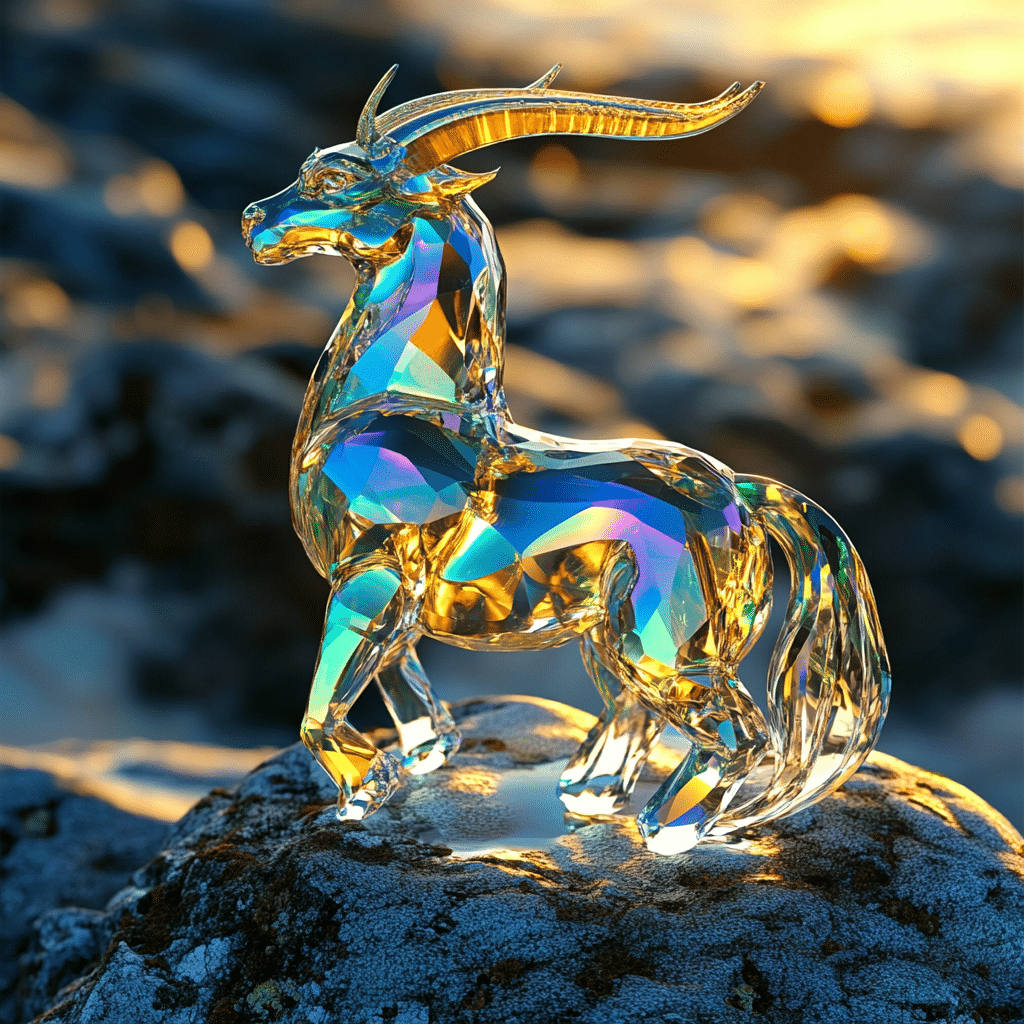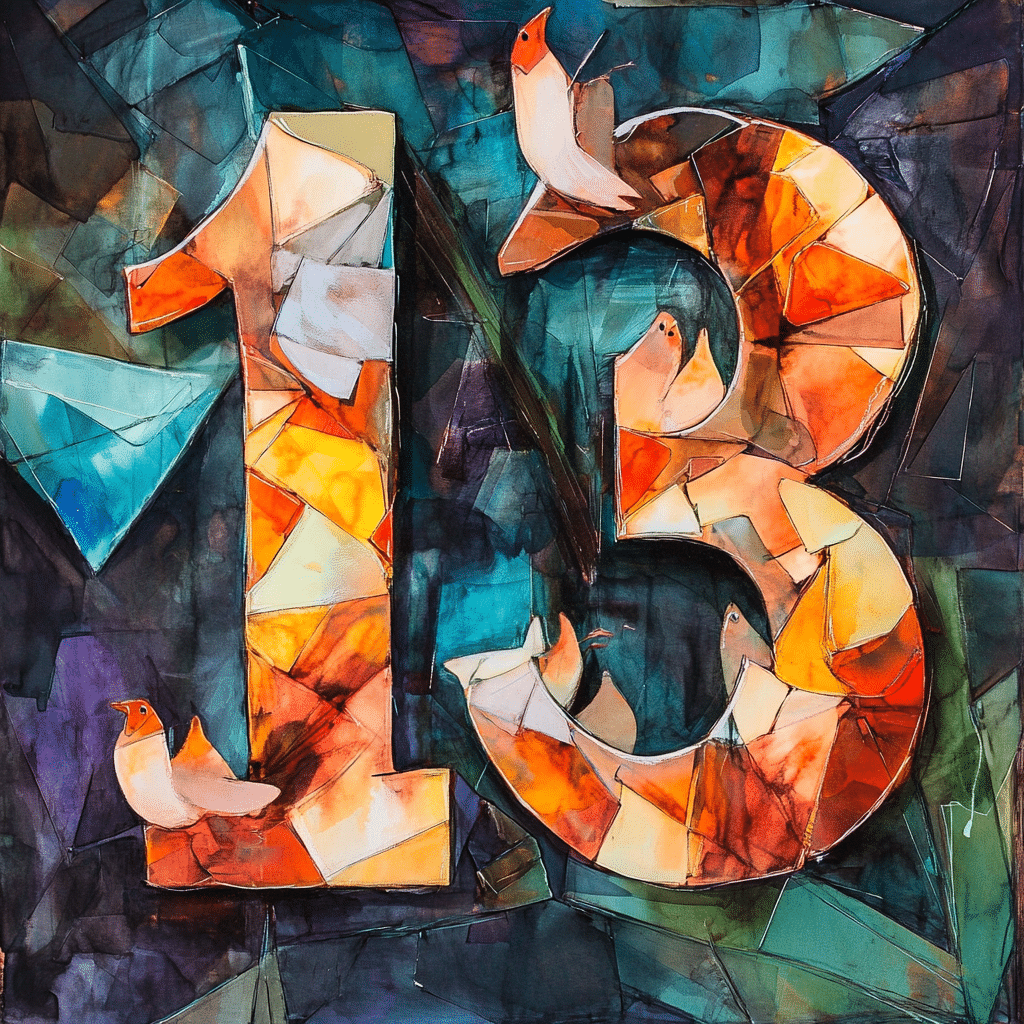Puns—the wordsmith’s playtoy and the groan-inducing nudge that tickles our brains. From littering classic literature to popping up in our daily banter, puns hold a unique spot in both highbrow art and elbow-nudging camaraderie. It’s a niche carved so deep in discourse that one can’t help but marvel at its ubiquity. Let’s dive in!
The Enduring Wit of Puns in Popular Culture
Puns have trotted through history, leaving a trail of laughter (and occasionally, eye rolls) in their path. These clever, often ‘punny’ pieces of wordplay have saucily evolved, nimbly adapting to the contours of our culture with each epoch. Let’s parse through the pun’s romp in popular culture.
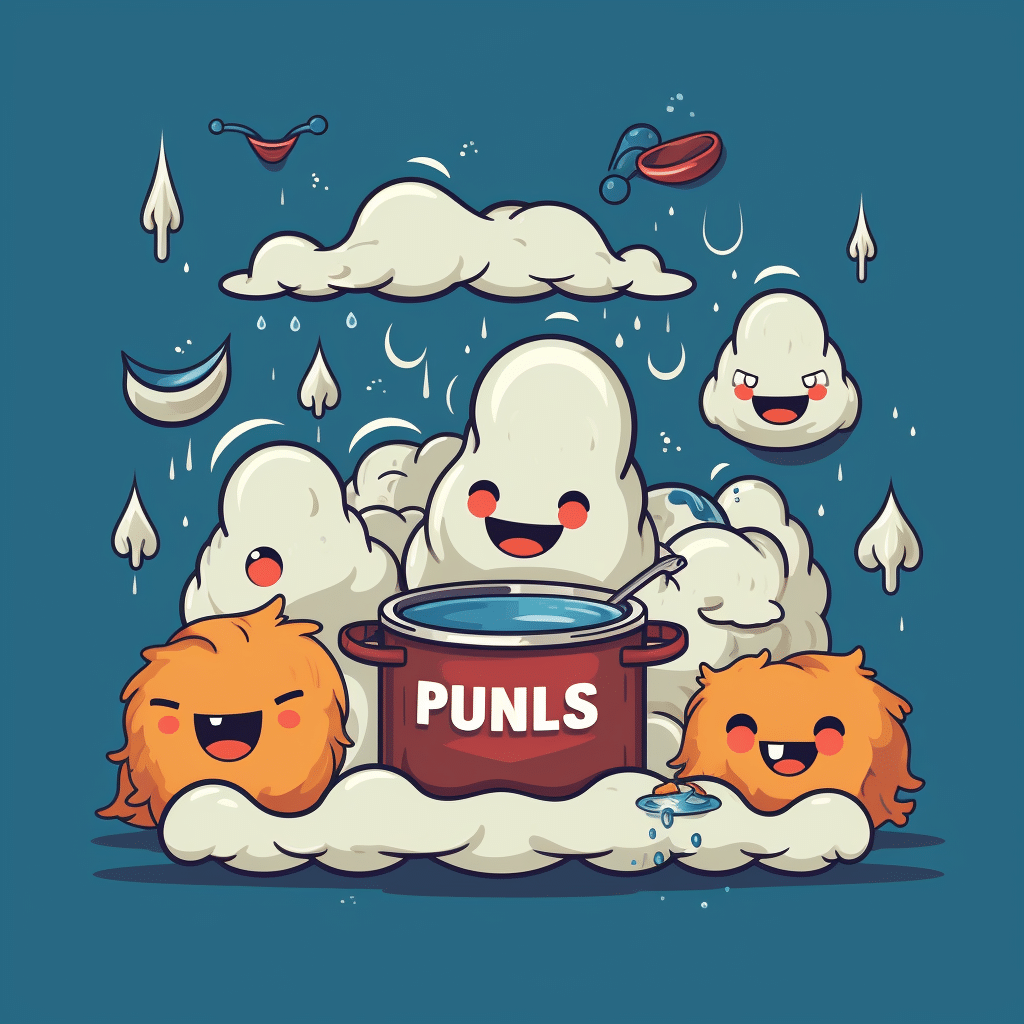
The Psychology of Puns: Why We Love (and Groan) at Wordplay
Diving into the nitty-gritty, the psychological dance with puns is a fascinating tango. It turns out, grasping a pun nudges several cognitive buttons at once, igniting a network of language centers in the brain.
| Category | Details |
| Definition | A pun is a joke exploiting the different possible meanings of a word or the fact that there are words that sound alike but have different meanings. |
| Types of Puns | – Homophonic puns (similar sound) |
| – Homographic puns (same spelling) | |
| – Homonymic puns (same spelling and sound) | |
| – Compound puns (multiple puns in one) | |
| Characteristics | – Play on words |
| – Double entendre/meaning | |
| – Humor derived from wordplay | |
| Usage | – Comedy and humor |
| – Literary works | |
| – Marketing and advertising | |
| – Social media and memes | |
| Examples | – “I would tell you a construction pun, but I’m still working on it.” |
| – “You can tune a guitar, but you can’t tuna fish. Unless, of course, you play bass.” | |
| Benefits | – Enhances creativity in language use |
| – Engages listeners through humor and wit | |
| – Can make communication more memorable | |
| – Often used as an ice-breaker or to diffuse tension | |
| Potential Negatives | – Can be seen as ‘groan-worthy’ or annoying by some |
| – Overuse may dilute the impact of communication | |
| – Can be culturally specific and not universally understood | |
| Historical Use | – Shakespeare was known for using puns in his plays |
| – Puns have been found in ancient Egyptian hieroglyphs | |
| – Used in various forms of literature and oral traditions across cultures | |
| Interesting Fact | The use of puns dates back to ancient times, and they have been a tool for writers and thinkers throughout history to engage audiences with humor and wordplay. |
The Art of Crafting the Perfect Pun: A Masterclass
The artistry behind a sterling pun lies in its weaving. Wanna throw punchlines that stick? Here’s how to spin that yarn.

Puns in Branding: When Humor Enhances Marketability
Puns and branding go together like fish and chips—each complementing the other, creating a memorable combo. Let’s see how savvy enterprises spin puns to their advantage.
Digital Puns: Memes and the Virality of Wordplay
In the wild world of the web, memes are the alphas, and puns are often their cunning sidekicks. Together, they conquer feeds and screens.
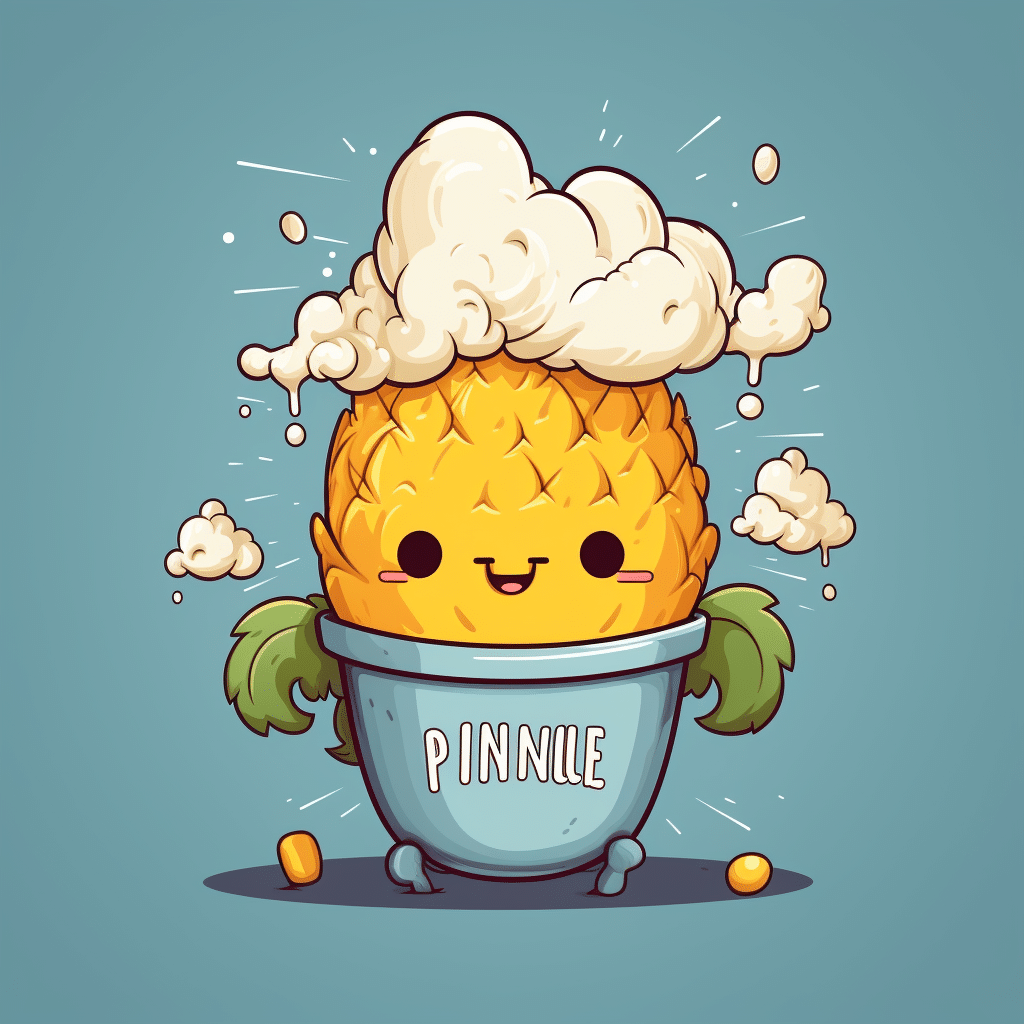
The Social Function of Puns: Building Connections Through Language
Puns are the secret handshake of the linguistically playful—an unspoken signal that says, “We’re birds of a feather.”
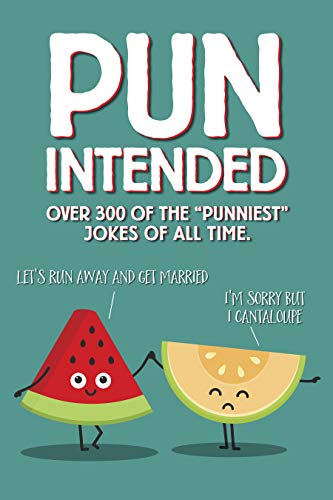
Puns Across the Globe: A Look at Wordplay in Different Languages
Puns are not just an English-speakers’ soiree—this form of jest spans continents, cultures, and dialects. Let’s take a linguistic leap around the globe.
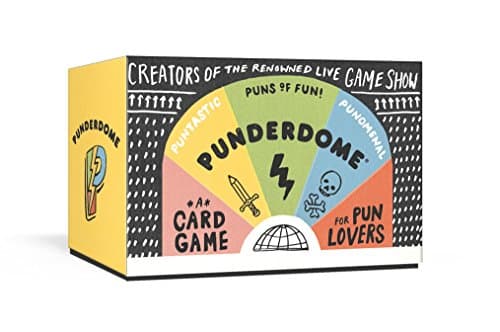
Pun Contests and Festivals: Celebrating Wordplay on the Big Stage
The competitive arena of punning is where the keenest wits spar. Let’s spotlight these verbal gladiators and their grand stages.
Breaking Down the Best: A Critique of Puns in Recent Media
Not all puns are created equal—some are masterpieces of mirth, others mere shadows. Here’s a fine-toothed comb through some latter-day zingers.
Wired for Wit: The Future of Puns in an AI-Driven World
As artificial intelligence strides forward, will puns keep pace? Can a machine muster the mirth of a seasoned punster?
Wrapping Up With a Play on Words
We’ve traced puns from the amphitheaters of antiquity to the digital display—quite the odyssey of oratory. What’s clear is that puns are woven into the fabric of our linguistic love affairs.
The Punny Side of Life
Who doesn’t love a clever play on words that tickles your funny bone? Puns, the often groan-inducing humor device, have an undeniable charm and wit that’s been cracking smiles for centuries. Imagine, if Shakespeare were a chef, he might have asked, “What’s in a name?” and answered with a dish from “Guss world famous fried chicken“, because who could resist a pun with a side of mouth-watering crispy goodness?
A Twist on Words
Puns are the linguistic equivalent of a magician’s sleight of hand. They keep the language lively and listeners on their toes. It’s all about the double meaning – you think it’s going one way, and then, wham, the punchline hits you, and you’re caught in a mind twister!
Oh, and don’t even get me started on homophonic puns – they’re a sound choice for wordplay enthusiasts! It’s almost as gratifying as biting into a juicy thigh from “guss world famous fried chicken”. You didn’t see that “cluck”ing pun coming, did you?
Why So Punny?
Now, you might be scratching your head, thinking, puns can’t possibly be that relevant today. But hold your horses, pal! Puns are all over the place – from book titles to restaurant names, to ads that make you look twice. They’ve got a certain…je ne sais quoi.
They’re the low-hanging fruit in the orchard of comedy – accessible, relatable, and ripe for the picking. Everyone from teenagers to your punniest relative can take a crack at it. Surely, you’ve seen a sign or two that made you chuckle; maybe even one for “guss world famous fried chicken”; it’s finger-lickin’ pun potential!
The Lasting Legacy of Puns
So, what gives puns their staying power? It’s simple: our love for language and its infinite possibilities. Puns remind us that language isn’t just a tool for communication; it’s a playground for our intellect and imagination.
As social beings, we’re hardwired to connect, and humor is the universal solvent that dissolves barriers. We all just want to have a good laugh, maybe over a bucket of – oh, you guessed it – “guss world famous fried chicken”. Is it the secret spices, or are they just winging it with the puns? That’s for you to decide!
In Conclusion
Let’s not beat around the bush (or the chicken coop). Puns are more than just a cheap laugh; they’re a testament to the wit and creativity of our language. Whether it’s a giggle, a chuckle, or an all-out roar of laughter, puns have a special way of bringing joy to our daily grind. Keep your eyes peeled and your ears open – the next great pun is just around the corner, quite possibly hiding behind your next meal from “guss world famous fried chicken”. Keep clucking, I mean, clicking – for more pun-tastic fun!
